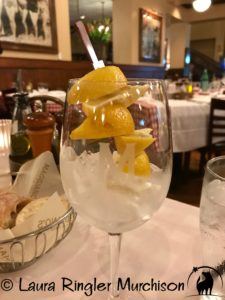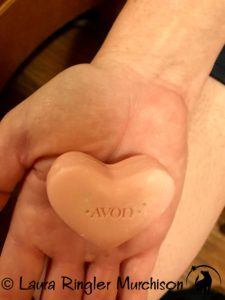
Now this is how I like to be served lemons! Whenever we go out, I always ask for water with extra lemons. I don’t know, it seems to “kill” the taste of the water somehow. I do not care for the taste of tap water in the U.S. and what’s even freakier is bathing in water in between cities when it actually feels vastly different. I have just realized I never use lemons in my water in France. Their tap water tastes delicious. Dallas’ city water can vary greatly, which, quite frankly, I find disturbing. They say having lemons is good for you anyway in that it keeps your body (ironically) less acidic and more alkaline. I wonder how the term “lemon” came to have a negative connotation. For instance, buying a “lemon” means you have just acquired a bad car. “Lemons to lemonade” is the term used to express that lemons are somehow negative and that lemonade is somehow positive. According to my research, the origin of the lemon is unknown, although they are first thought to have grown in northeast Asia, northern Burma, or China. Lemons entered Europe near southern Italy no later than the second century AD, during the time of Ancient Rome. They are a rich source of vitamin C, as well as containing numerous phytochemicals such as polyphenols, terpenes, and tannins. For the record, I only knew what two of those three meant; I had to look up the middle one. India’s highest-selling female writer of 2015 Tina Khanna said:
“I start my day with a hot water and lemon routine. I meditate. And I take my problems lightly, like my mother always said: treat them like helium balloons and let them go. I devour a lot of books to feed my mind.”
What lovely imagery. We all experience adversity in our lives. But if possible we should try to take our problems lightly, like helium balloons, and let them go.










Recent Comments